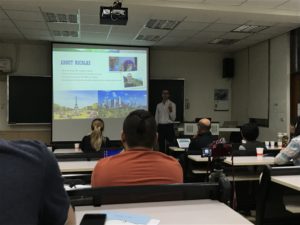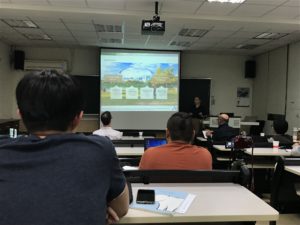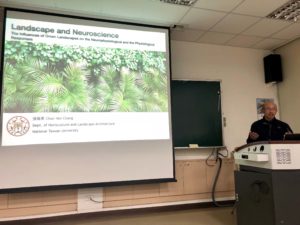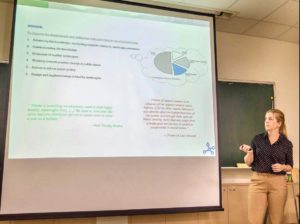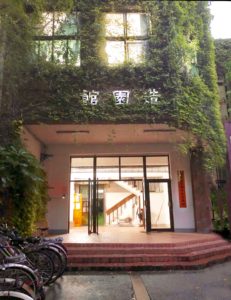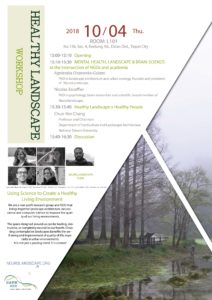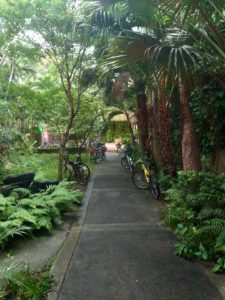The more we know about the interactions between the landscape and human nervous system the better we can plan and design our living environments to serve our health.
With water being the essential component of any form of life, it is not surprising that it also influence our psychophysiological response, even if we are just passively exposed to it. But what kind of water feature, and what do we have to do with this water to achieve this response? This is a question that scientists (NeuroLandscape included) have been trying to answer.
Let’s concentrate on the river. According to Jungian dream analysis, based on his theory of collective unconscious, the river is a symbol of death and rebirth (baptism), the flowing of time into eternity, transitional phases of the life cycle, and incarnations of deities. In Dr. Agnieszka Olszewska-Guizzo’s research river is one of the archetypal elements making the landscape “contemplative” and therefore therapeutical.
In the fMRI study from 2017 the team of Prof Chang, Chun-Yen (National Taiwan University) discovered that the passive exposure to the river views alters the brain functioning significantly, when compared to the urban views (see the image above).

The brain activity related to the “urban versus water ” contract was located in the left and right cuneus (Fig. 5).
The cuneus is primarily known for its involvement in basic visual processing. Furthermore, the right cingulate gyrus and left precuneus were also activated. These regions, which are part of Brodmann area 31 (BA31) and known as the dorsal
posterior cingulate cortex, are assumed to influence the focus of attention by adjusting whole-brain metastability (Leech & Sharp, 2014). – Tang et.al 2017
It looks like there is nothing better for our nerves fatigues from all day in the office or and after several hours commuting through the urban jungle than walk along the riverfront immersing with our senses into the soothing flow of the waters.
Scientific references:
Olszewska, A. A., Marques, P. F., Ryan, R. L., & Barbosa, F. (2018). What makes a landscape contemplative?. Environment and Planning B: Urban Analytics and City Science, 45(1), 7-25.
Leech, R., & Sharp, D. J. (2014). The role of the posterior cingulate cortex in cognition and disease. Brain, 137(1), 12–32.
Tang, I. C., Tsai, Y. P., Lin, Y. J., Chen, J. H., Hsieh, C. H., Hung, S. H., … & Chang, C. Y. (2017). Using functional Magnetic Resonance Imaging (fMRI) to analyze brain region activity when viewing landscapes. Landscape and Urban Planning, 162, 137-144.



